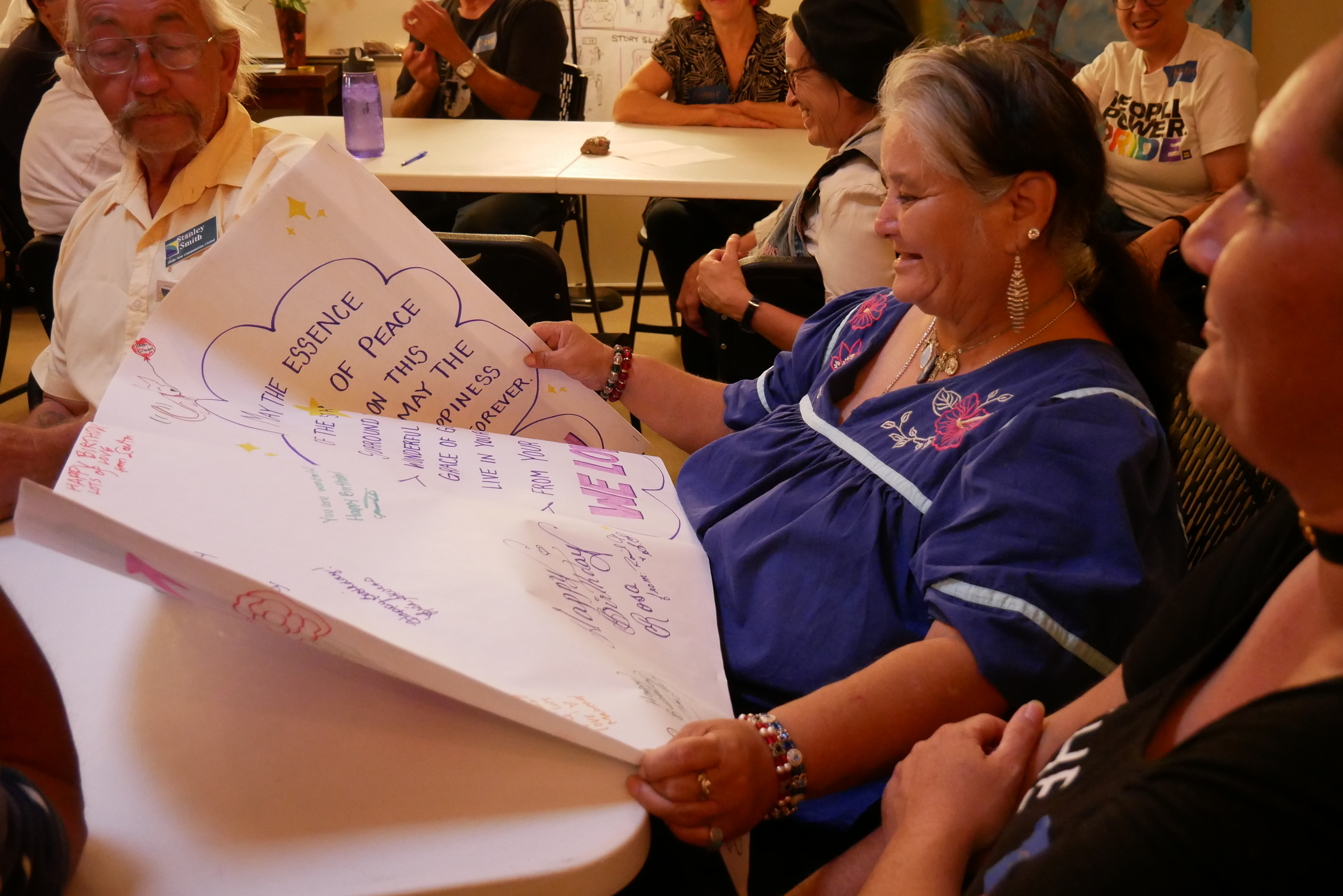

Timebanking can reward your skills and provide job satisfaction for applying your job skills to help people via a timebank community, plus you could also accept tasks such as teaching, nursing, or redecorating and start doing what you love.ĭeeper bonds with neighbors: taking on timebanking tasks often helps members meet new friends and certain tasks will bring friends together regularly. You could enjoy teaching, nursing, or redecorating but instead, you practice law for the sake of paying the bills. More reward from the work you love: sometimes doing what you love never earns you money, or at least not enough. Tax savings: no one will be taxing your time dollars which cuts out centralized control over your earnings and helps part-time workers unable to find full-time work carry out job tasks without worrying about their income surpassing tax thresholds. Examples of extrinsic rewards would be taking a lesser-paying job for the sake of personal satisfaction, such as being able to help the needy or solve social injustices.īudget Relief: a time bank allows you to receive the services you need even when money is tight. Lastly, we have become increasingly dependent on intrinsic rewards (such as being able to purchase goods, services, or property) while leaving out extrinsic benefits. These values are not represented as much in our GDP calculations and are constantly threatened by monetary transactions.

This is a term used by economist Neva Goodwin to describe the social force with which we establish safe neighborhoods, raise our children, care for the elderly, grow social justice, preserve the environment, and everything else that we value as a better life for the whole society. Kennedy once said, “It measures all the things but that which makes our lives worthwhile.” We use the GDP every time we want to talk about economic well-being, but this limits our choices and power for solving our problems or advancing our values. Respect for Others: time bank members show respect for one another, even though cultural, political, and faith differences may still exist. Eventually, the whole community is held together by strong ties amongst participants. Stronger bonds are formed amongst the members as they help each other in various ways. Social Networks: for a time bank to work effectively, it has to be a network of mutual support. That way, everyone is empowered rather than creating resentment within the group.

Every member of the timebank has to put in their hours by working for others as well as receive services from fellow members. Reciprocity: exchanging of time is a give-and-take scenario. For example, bringing up children, caring for one another, social activism, and creating a better neighborhood. Redefining work: while the money economy considers “work” something you do to earn money, time banks focus especially on the kind of activities that you simply can’t put a price on. Everyone is an Asset: all members of a time bank must be viewed as valuable individuals who have something to contribute, setting aside the value of their services in fiat currency.


 0 kommentar(er)
0 kommentar(er)
